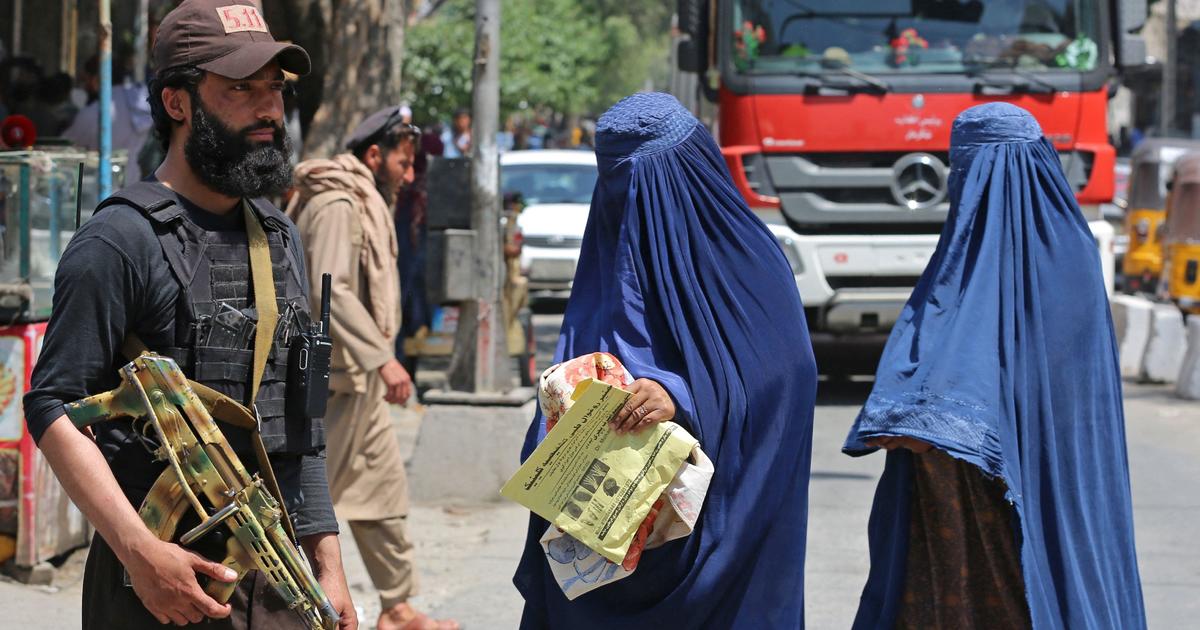This week, U.S. officials engaged in formal direct talks with the Taliban in Doha, Qatar, where they put forth important demands to restore basic rights for women and girls in Afghanistan. The American delegation also emphasized the release of U.S. nationals who are currently detained by the Taliban. In return, the Taliban requested the removal of sanctions on their leaders and access to Afghanistan’s government cash reserves held in foreign bank accounts.
Leading the U.S. delegation was Thomas West, the Special Representative for Afghanistan, accompanied by Rina Amiri, the Special Envoy for Afghan women, girls, and human rights, and Karen Deker, the Chief of the U.S. mission to Afghanistan based in Doha. The Taliban delegation was led by Amir Khan Mutaqi, Afghanistan’s de-facto Foreign Minister.
According to a statement released by the Taliban, the discussions between the two sides focused on confidence-building measures, the removal of blacklists and sanctions, the unfreezing of Afghanistan’s central bank reserves, economic stability, countering narcotics, and human rights issues.
In a statement from the U.S. State Department, it was expressed that the delegation expressed deep concern over the humanitarian crisis in Afghanistan and the crucial need to support aid organizations and UN bodies in delivering assistance aligned with humanitarian principles. The State Department also highlighted the urgency of the immediate and unconditional release of detained U.S. citizens, as these detentions pose significant obstacles to positive engagement.
The U.S. representatives also voiced grave concern over detentions, media restrictions, limitations on religious practices, and the delegation acknowledged the Taliban’s commitment to preventing Afghanistan from becoming a base for attacks on the U.S. and its allies. Rina Amiri, in a tweet, emphasized the removal of restrictions on women and girls, including access to education and work, the release of detainees, the end to corporal punishment, and a crackdown on media and freedom of expression.
The U.S. and the United Nations have consistently demanded that the Taliban address human rights issues since the group regained control of Afghanistan. However, the Taliban has made no concessions to improve human rights, despite receiving significant aid annually. This lack of progress has drawn criticism from Afghan human rights activists, who view closed-door meetings with the Taliban as a betrayal of women’s rights.
Addressing the concerns raised by some activists, it is necessary for the U.S. to maintain ties with the Taliban leadership to monitor potential threats from terrorist groups such as al Qaeda and ISIS-Khorasan in Afghanistan. However, it remains uncertain how much cooperation can be expected, considering the U.S.’s unwillingness to meet the Taliban’s demands.
In summary, the talks between U.S. officials and the Taliban aimed to address critical issues such as basic rights for women and girls and the release of detained U.S. nationals. The efforts to restore human rights in Afghanistan face challenges, and the U.S. must balance its security interests while pressuring the Taliban for meaningful change.
Denial of responsibility! VigourTimes is an automatic aggregator of Global media. In each content, the hyperlink to the primary source is specified. All trademarks belong to their rightful owners, and all materials to their authors. For any complaint, please reach us at – [email protected]. We will take necessary action within 24 hours.


